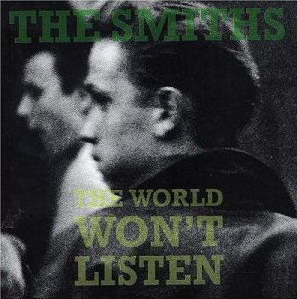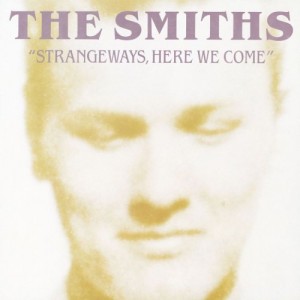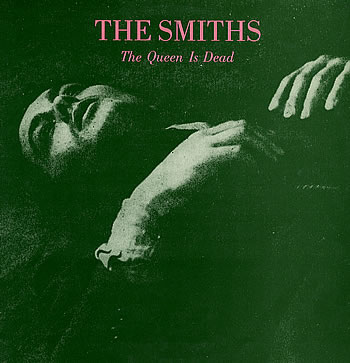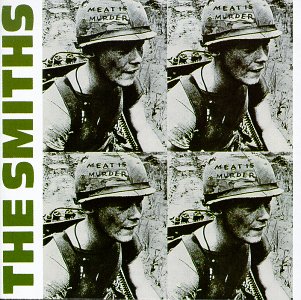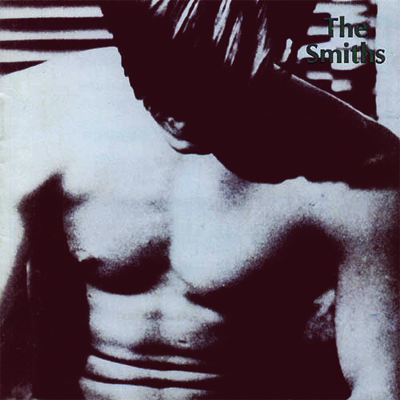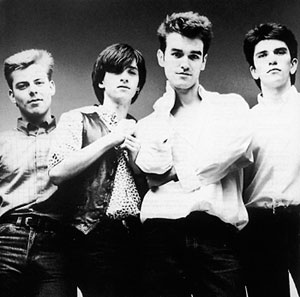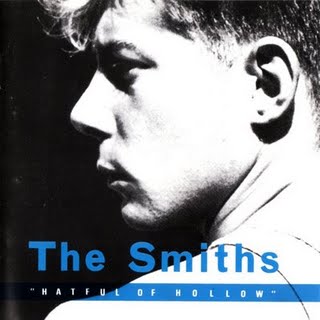
What Do People Keep In Their Heads?
The career of The Smiths was characterized by the (back then) inordinate number of compilations they were to issue. The first one saw the light shortly after the release of their eponymous debut, and it was named “Hatful Of Hollow”. The album comprised many songs recorded for radio shows, along with assorted A-sides and B-sides.
As I am sure you recall, one of the main problems the debut album had was that the production was not as punchy as it could have been. That meant the impact of its songs was somehow diluted, and since about half of the tracks that were found on the debut are played live on “Hatful Of Hollow”, this compilation has added appeal. Of these songs, the ones that work best are “Reel Around The Fountain” (the drums are so booming that it sounds like a different song) and an acoustic “This Charming Man” that is even janglier than the original cut. Conversely, “Still Ill” is not that appealing – maybe the added harmonica at the start and at the end is the problem. It just does not fit in. And the live “What Difference Does It Make?” and “You’ve Got Everything Now” are not that removed from the original performances as to make you rethink those versions. However, it is admirable how well Marr plays “What Difference Does It Make?” live, as in the studio more than 15 guitars had been combined. That doesn’t make the song better or worse, but it places his skills in a very favorable light.
One of the featured A-sides is “William, It Was Really Nothing”, a song many propound was about a romantic relationship Morrissey had with some journalist. It is a short and sweet song, but it is easily one of their least effective singles. And while “How Soon Is Now?” is included, the song had not been released as a single yet. Continue reading →
